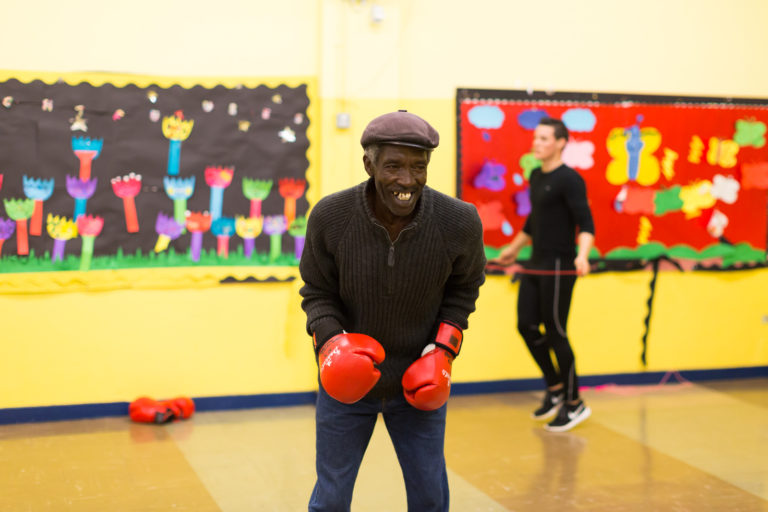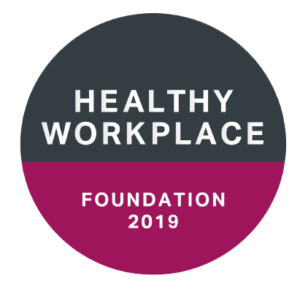In the Mayor of London’s ‘Vision for a diverse and inclusive city’, Mayor Sadiq Khan says that ‘London’s rich diversity and proud tradition of openness towards people of all faiths, nationalities and backgrounds, is what truly defines us and sets us apart as the greatest city in the world.’
So, London is diverse (there are over 300 languages spoken on our streets) and it is welcoming, but still we face many challenges across social, cultural and health spaces.
The deprivation gap is rising and inequality in income, employment and quality of life is increasing.
These inequalities are often expanded when people face multiple challenges as a result of their gender, disability, ethnicity or social class.
This same inequality gap applies to participation in physical activity and sport.
High deprivation and lower levels of physical activity and sport participation go hand-in-hand, as do high levels of crime, of obesity, of poor physical and mental health, of social isolation, of low community engagement………..the list goes on.
The growing evidence on what physical activity and sport can do to address these inequalities through social impact is becoming hard to ignore.
In partnership with Sheffield Hallam University’s Sport Industry Research Centre (SIRC), London Sport’s own study into the social value of participation in physical activity and sport found that it contributes almost £9bn in social value to London each year across physical wellbeing, mental wellbeing, individual development, and social and community development.
Good Investments: Physical Activity, Sport and Social Value in London used a Social Return on Investment (SROI) model to assess the value of sport to London, and shows that for every £1.00 invested in physical activity and sport, £1.48 of social value is created.
Even more recently, the Mayor unveiled plans for a violence reduction unit based on a model in Glasgow that treated violence as a public health issue with great success.
This model considers crime to be a complex issue, stemming from deep-seated societal problems such as poverty, social alienation, mental ill-health and a lack of opportunity.
Providing young people with alternative opportunities as a preventative measure is central to the rationale, and the opportunity to develop skills and capabilities through participating in physical activity and sport is one of the key tools used as part of this method.
In a city as diverse as London, participation in physical activity and sport is not a luxury but a necessity from which the whole population should benefit.
Despite this single, central tenet, a one-size-fits-all approach cannot work here. Different population groups require different opportunities; projects and agencies need to know who and where target groups are, and what needs to be done to support them.
Local opportunities for physical activity and sport in London are generally good, but may fail to attain their potential impact if they don’t reflect the needs of local populations.
Organisations now have the tools and capabilities to dive deeper into the complex issues facing our society and develop new learnings that can be applied across our sector.
London Sport is actively involved in supporting a wide range of organisations through our Insight Consultancy Services to undertake research into minority and niche population groups.
This article is the first of a series outlining the challenges to managing research across culturally and socially diverse populations and sample groups, and the methods for overcoming these challenges to deliver effective and impactful findings.
The next article will focus on a range of key research design and delivery considerations, including developing suitable methodologies, sampling and participant engagement within time and budget limitations.
In the meantime, to learn more about undertaking research with diverse or hard-to-reach groups, please email [email protected]






